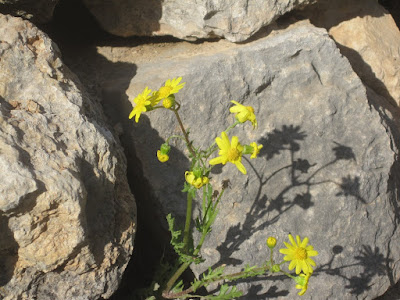Negotiations on a global nuclear weapons ban begin at the UN in one week. The vast majority of the world's countries will be at the table. Conspicuously missing, it seems, will be the countries like the US and its NATO allies, and Russia.
The nuclear weapons states have an obligation under Article VI of the NPT to negotiate disarmament. When do they plan to honor their treaty obligations? (See: A DEAL'S A DEAL! (What part of "nuclear disarmament" doesn't the US understand?) .)
 |
| The #nuclearweapons states scheduling the implementation of their Article VI obligations ... (Please share this message on Twitter!) |
Despite news that China will not attend the negotiations beginning March 27, I argue: China DOES Have a Role in the Nuclear Ban Movement.
* * *
I just saw this story:
 |
| Hiroshima A-bomb survivor to address U.N. nuke ban treaty conference (Please share this message on Twitter!) |
The US refuses to attend the UN nuclear ban talks. But the story of the US and its nuclear weapons will not go untold ....
* * *
NEW: Rally and march on Saturday, June 17th 2017 in New York City and around the world in support of negotiations taking place at the United Nations for a treaty banning nuclear weapons. See Call to Action: Women's March and Rally to Ban the Bomb.
Trump and Nuclear Weapons: There are now twenty-two (22) co-sponsors on Rep. Ted Lieu's House bill to rein in presidential first use of nuclear weapons. (And three (3) co-sponsors on the corresponding bill in the Senate sponsored by Ed Markey.) Please use this script to call and get YOUR representative on that list!
... Update March 22: now twenty-three (23) co-sponsors ... !
 |
| Call Congress! Support HR669/S200 (Please share this message on Twitter!) |
Social media effectiveness tip of the week: Add images (like the "meme" above) to your tweets to really get your message across!
(More on social media effectiveness . . . . )

























